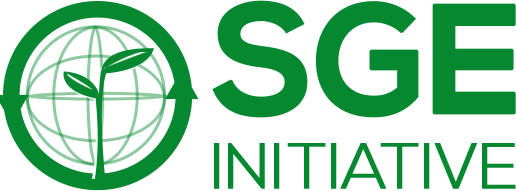OVERVIEW
Recycling is a major segment of present day waste reduction and is the third component of the ‘Reduce, Reuse and Recycle’ waste hierarchy. Recycling is a way towards separating and reusing materials that would have been discarded as trash. By recycling individuals can prevent huge amount of materials from entering landfills sparing space for trash that cannot be re-purposed. Landfills contaminate the earth as well as hampers the excellence of the city.
Recycling serves to significantly decreases the amount of energy used day by day by not expecting to create new products. It reduces the greenhouse gas emissions into the environment. Some of the recyclable items are paper, metal, aluminum foil, steel, tin cans, glass, plastics, etc. For instance, a ton of PET plastic containers made with recycled plastic conserves about 7,200 kilowatt hours and the steel recycling institute has discovered that the steel recycling conserves enough energy to electrically power what could be compared to 18 million homes for a year.
There are various advantages to recycling and with so many new technologies making much more materials recyclable, with everybody’s assistance we can tidy up our earth.
PROBLEM STATEMENT
Amassing of waste is not only a challenge for only a nation, it is a global issue. In the event that waste is permitted to amass unabated, locations to bury synthetic waste might run out, or the waste might bring adverse effects to the environment, which is going on unwittingly by the way through global warming. On the off chance that these wastes are not recycled, they would wind up being combusted, emitting hazardous ozone depleting substances. Recycling is expected to spare more trees to guarantee an even degree of carbon dioxide. Research studies propose that a single tree can dispose of 250 pounds of Carbon dioxide from the atmosphere every year.
OBJECTIVES
-
To use recyclable materials in production and manufacturing industries
-
To encourage creative use of recycled materials
TARGET AUDIENCE
-
Schools
-
Restaurants
-
Market people
-
Civil society
-
Hotels
-
Supermarkets
-
Product Consumers
STRATEGIES
-
Awareness/Sensitization Programs
Creating Awareness on Recycling of wastes will be geared towards the less educated people in the community e.g. market people, rural dwellers, to sensitize them on effects of unrecycled waste to the environment and the benefits of recycling their old wastes.
-
Advertisement
Advertisement has been proved as an effective medium to disseminate information to the young and old, learned and unlearned. The placement of bill boards on strategic places where the targeted audience can see them, small banners on the streets or along the highways, flyers, posters, car stickers etc. can be used to herald the information to all. Also, digital advertisement methods such as pop up messages on website can be implored.
-
Awards and Competitions
This will be targeted to the young minds in which creative ideas on recycling of plastic, paper, glass, nylon etc. will be appreciated and rewarded. Schools, innovation centers will be good locations.

